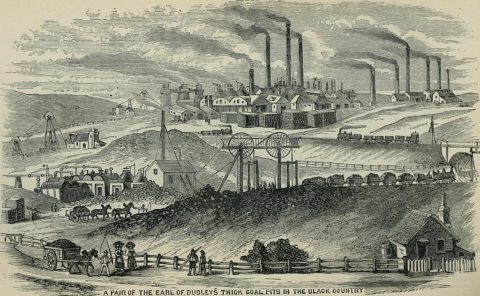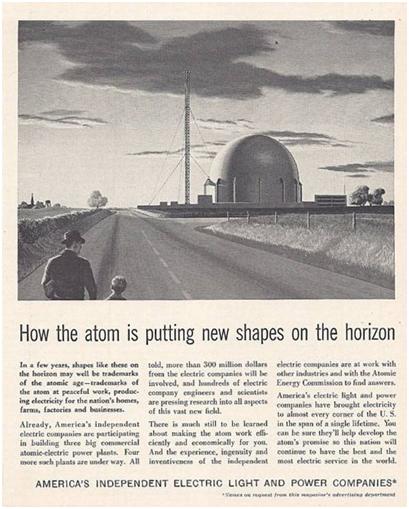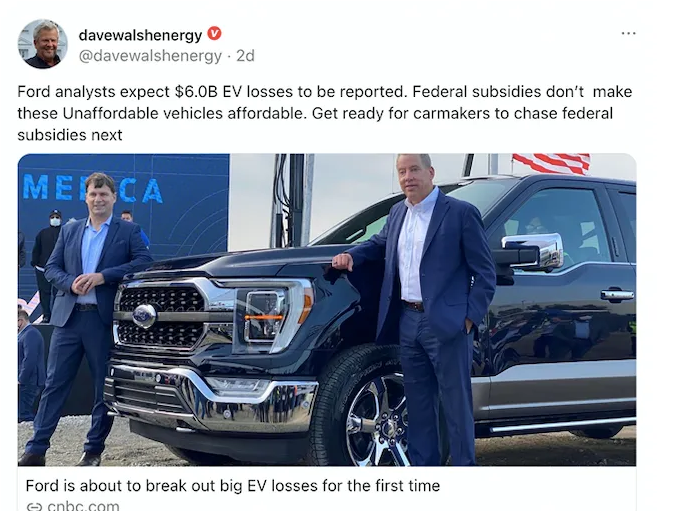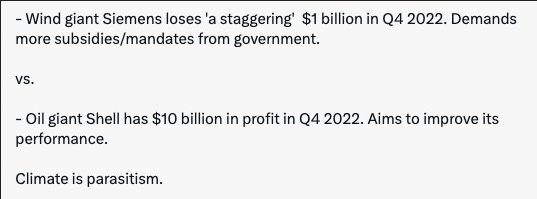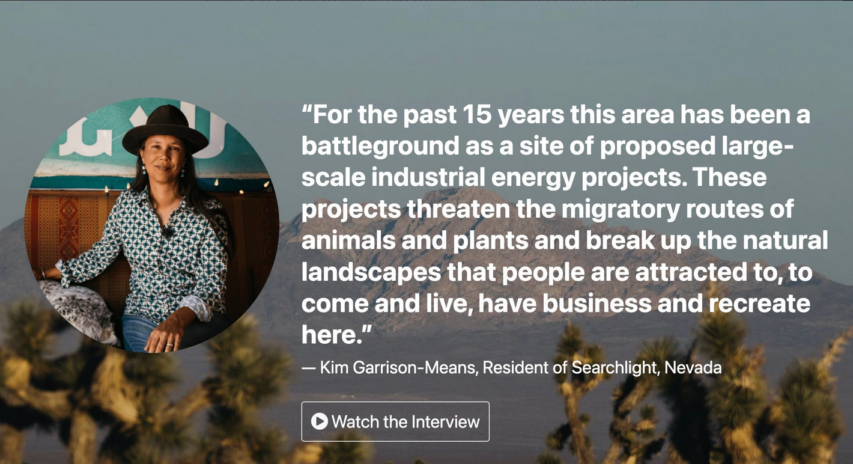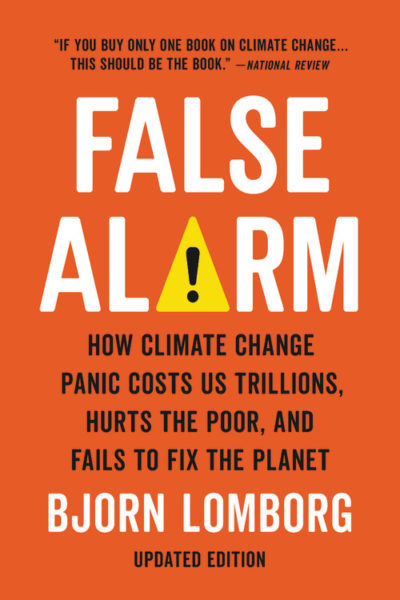In the National Post, Tristin Hopper imagines the inside thoughts of NDP MP Charlie Angus, who introduced a Private Member’s Bill this week to criminalize speech that even hints at not being fully onboard with Team Climate Catastrophe, especially anything supporting the use of fossil fuels:

“Charlie Angus at convention 2023 2 (cropped)” by DrOwl19 is licensed under CC BY-SA 4.0 .
Monday
It’s an odd thing to work in the House of Commons; a place where the country’s most cynical, power-mad misanthropes are gathered together into one distilled mass of treachery.This is why I aligned myself with the only true bastion of moral rectitude in this wretched, faithless town. The NDP does not court power, and thus remains untainted by it. Only by insulating ourselves against the corrupting lure of ambition can we truly know we are on the right side of history.
And today, more than ever, I know the only true moral course is to introduce a federal program of jailing any Canadian who expresses positive opinions of a non-renewable fuel source. Not every Canadian, mind you, just those who can’t provide evidence that an oil company doesn’t indirectly benefit them in some way.
Tuesday
As predicted, the usual agents of disinformation have libelled my bill as “illiberal” or “fascistic”. We’ll prescribe appropriate criminal consequences for this kind of mendacity in due course, but for now I would only ask these deceit-merchants to consider what we’re up against.Oil companies are, quite literally, the knowing architects of the complete destruction of the human race. If the so-called “market” had been left to its own devices, the world would currently be a utopia of bottomless green energy. But instead, the oil and gas industry has tricked humanity into believing that fossil fuels are bringers of anything except slavery.
Against this kind of perfidy, I was forced to devise legislation that was broad enough to eliminate any conceivable loophole. If we banned pro-oil commercials, they would simply pour their advertising dollars into billboards. If we banned billboards, they would start embedding secret pro-gasoline messages in popular music. If we banned that, they would train armies of crows to attack e-cyclists while cawing the words “Suncor” and “pipelines”.
And you know what they would say when I tabled a bill to ban the attack crows? They would call it “illiberal”.

